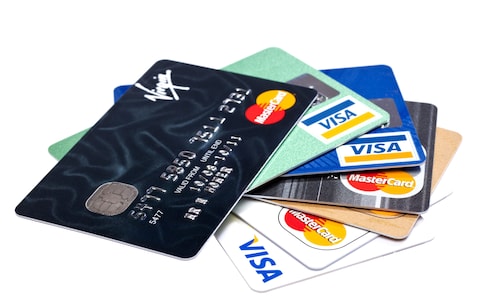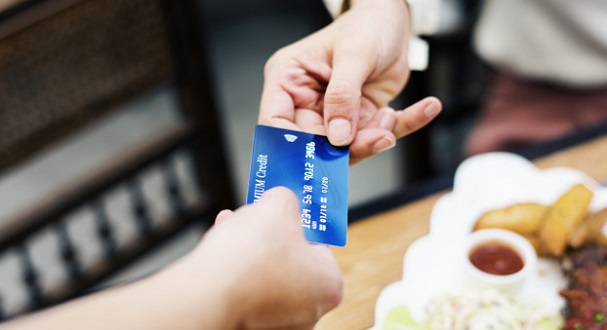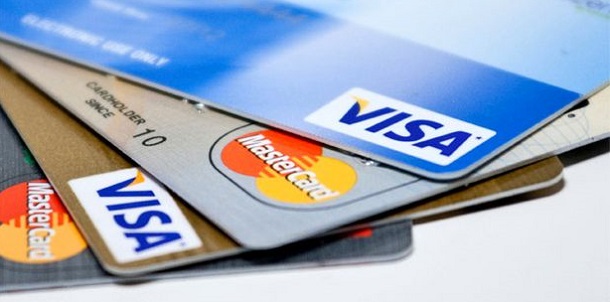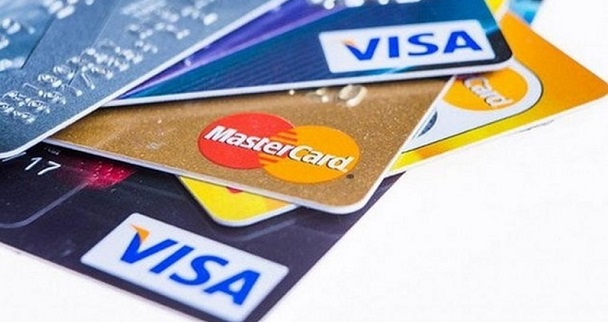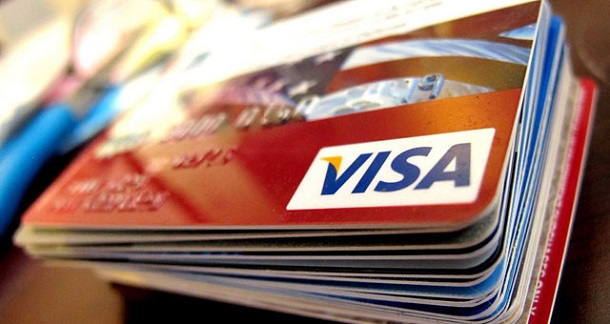
Have you ever purchased a product and discovered it’s faulty? Or booked a holiday only for the hotel to go bust? If you used a credit card to pay for these transactions, then you have the right to a refund even if the retailer declines, under Section 75 of the Consumer Credit Act 1974. The act means your credit card company is equally responsible in the event of a breach of contract.
What Protection Do You Get?
The credit card company is equally liable for any breach of contract or misrepresentation by the retailer or trader. The act offers protection for items or services valued from £100 to £30,000, of which at least part of the purchase (such as a deposit) was made with a credit card. This means the credit provider must take the same responsibility as a retailer if anything goes wrong with a purchase.
The Consumer Credit Act also covers transactions with firms that go bust before the service can be provided. The act removes the risk of people could ending up in debt for goods or services that were not received, were faulty, or were not as described. Section 75 also applies to foreign purchases, as well as goods bought online and by telephone.
Section 75 does not only cover credit cards. It also applies to store cards, store instalment credit and some car finance agreements (but not hire purchase).
Making A Claim
To make a claim, you need to contact your credit card company, and you can still claim on an account that’s closed. The goods or services you purchased must have cost over £100, and less than £30,000. You don’t have to have paid over £100, or the full amount, on your credit card. The card company is still liable even if you only made part of the payment on your card, for example, a deposit.
The key is the value of the goods you were paying for and not the amount you paid on your card. So, if you buy something for £400 but only pay £40 with a credit card, you would still be protected for the full amount. There is no time limit to make a claim under Section 75, but the statute of limitations in the UK is six years (five in Scotland), so you have to work to this deadline to pursue a Section 75 claim.
If you are rejected for a Section 75 refund and are adamant you think this was an unfair decision by your credit provider, then you can make a complaint to the Financial Ombudsman Service.
When Section 75 Does Not Apply
If the full value of the item were under £100, you wouldn’t be protected. Also, if you bought two or more items that together cost over £100, but each item cost less than £100, Section 75 would not cover the transaction. Furthermore, you would not be protected even if delivery charges and administration fees took the total cost of a single item above £100.
Items purchased using a debit card have a different kind of protection, known as a chargeback. Charge cards, gift cards and prepaid cards are not covered since they do not operate under a credit agreement.
Tip: If the product cost less than £100 or you used your debit card, and the company you purchased from will not refund you, make a chargeback claim. Unlike Section 75 it is not a legal requirement and the rules, set by Visa, Mastercard and American Express, only usually give you 120 days to make your claim.
Additional Cardholders
If you are the primary cardholder but there is an additional credit card on the account for use by a partner or relative, and they use it to make a purchase you then need to claim for, you need to show that you benefitted in some way from that purchase. If somebody else such as your partner has a credit card and has added you as an additional cardholder, they would need to show that the main cardholder stood to benefit from your purchase.v
It’s always best for the primary cardholder to make larger purchases if you want to be sure of protection under Section 75.
Payments Through A Third Party
Some Section 75 claims are rejected because the retailer the consumer bought from used a third-party firm to collect the payment. This is causing widespread confusion. In most circumstances, you are not protected under Section 75 when you make a transaction using a third party who does not actually supply the goods or services.
Many firms act as agents for a supplier when taking payments. For example, if you purchase tickets to a concert, direct from a venue, then Section 75 may apply if the cost is over £100. However, if you bought them through a ticket agency, you might not be covered. There must be a direct link between the customer, the creditor and the supplier. If the involvement of a third party breaks that relationship, you will not be protected under Section 75.
It is best to make credit card payments directly to the company supplying the goods or services where possible if you want to be sure of protection under Section 75.
Payments Through PayPal
If you pay on PayPal using your credit card and the money goes directly to the seller, you could still be covered by Section 75 for any breach of contract or misrepresentation by the retailer or trader. This only applies if the firm has a ‘Commercial Entity Agreement’ with PayPal. If you want the protection of Section 75, you should pay the seller direct with your card.
PayPal Buyer Protection is PayPal’s own customer protection procedure. If you have any problems with a purchase, you should check to see if this covers you.
